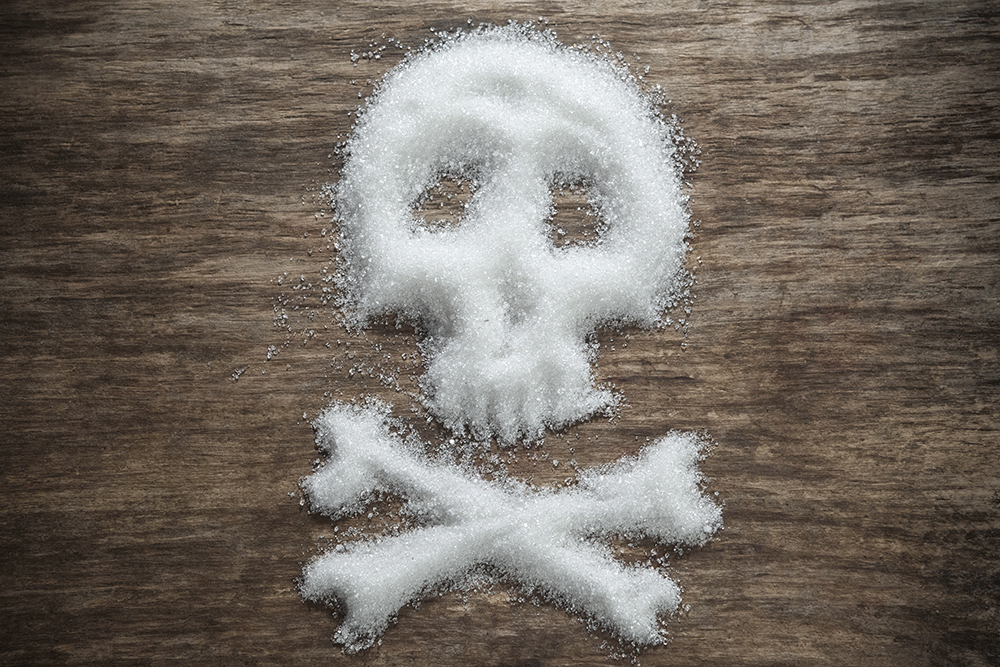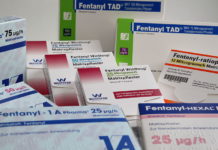Sugar has a lot more in common with cocaine than just its appearance.
A 2007 study in the medical journal PLOS One titled “Intense Sweetness Surpasses Cocaine Reward,” concluded that the pleasure of sweet taste outweighs the pleasure from cocaine.
“Our findings clearly demonstrate that intense sweetness can surpass cocaine reward, even in drug-sensitized and -addicted individuals,” the study stated.
Researchers who performed the study presented drug-addicted rats and drug-naive rats with two alternatives: cocaine or saccharin. An overwhelming majority of the rats — 94 percent — preferred saccharin.
Such findings clearly demonstrate that sugar addiction is a real thing, that can start fast and early.
Dr. Mark Hyman, MD, a ten-time No. 1 New York Times bestselling author, stated in several interviews that “sugar is eight times more addictive than cocaine.” Hyman also brought forth the idea that dietary behaviors are driven by a biological addiction to sugar.
A 2013 study titled Sugar addiction: pushing the drug-sugar analogy to the limit drew similar conclusions, stating “sugar and sweet reward can not only substitute to addictive drugs like cocaine but can even be more rewarding and attractive.”
A global problem
Next month in New Delhi, a panel of experts will be answering the question: “Is sugar the new tobacco?”
The international conference will welcome international scientists and prominent speakers, including the director for World Health Organization of Nutrition, to discuss critical health issues that arise from increased consumption of sugar and its addictive qualities.
Leading the list of countries that consume the most sugar is… (continue reading)
















